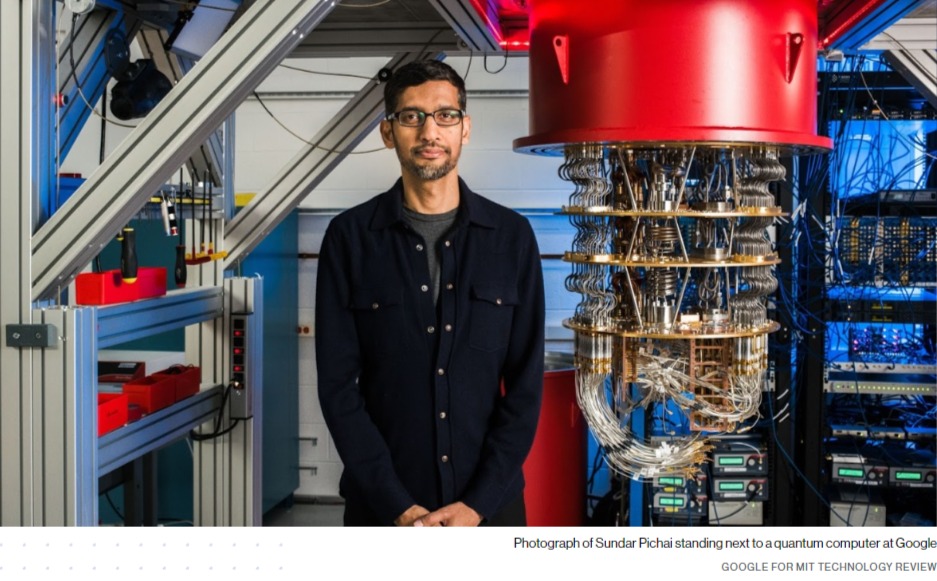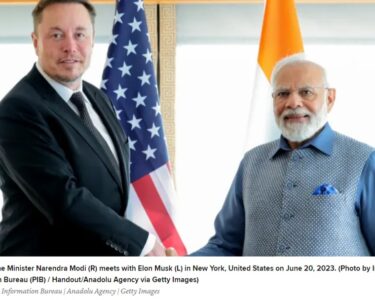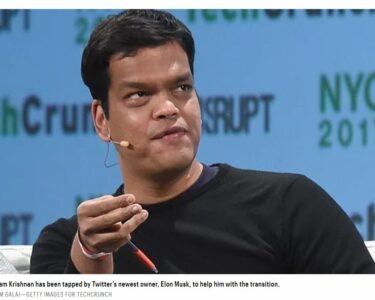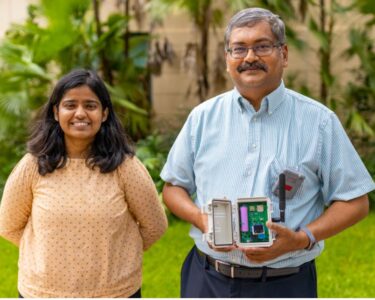In an exclusive interview with MIT Technology Review, Pichai explains why quantum computing could be as important for Google as AI.
In a paper today in Nature, and a company blog post, Google researchers claim to have attained “quantum supremacy” for the first time. Their 53-bit quantum computer, named Sycamore, took 200 seconds to perform a calculation that, according to Google, would have taken the world’s fastest supercomputer 10,000 years. (A draft of the paper was leaked online last month.)
The calculation has almost no practical use—it spits out a string of random numbers. It was chosen just to show that Sycamore can indeed work the way a quantum computer should. Useful quantum machines are many years away, the technical hurdles are huge, and even then they’ll probably beat classical computers only at certain tasks. (See “Here’s what quantum supremacy does—and doesn’t—mean for computing.”)
But still, it’s an important milestone—one that Sundar Pichai, Google’s CEO, compares to the 12-second first flight by the Wright brothers. I spoke to him to understand why Google has already spent 13 years on a project that could take another decade or more to pay off.
The interview has been condensed and edited for clarity. (Also, it was recorded before IBM published a paper disputing Google’s quantum supremacy claim.)
MIT TR: You got a quantum computer to perform a very narrow, specific task. What will it take to get to a wider demonstration of quantum supremacy?
Sundar Pichai: You would need to build a fault-tolerant quantum computer with more qubits so that you can generalize it better, execute it for longer periods of time, and hence be able to run more complex algorithms. But you know, if in any field you have a breakthrough, you start somewhere. To borrow an analogy—the Wright brothers. The first plane flew only for 12 seconds, and so there is no practical application of that. But it showed the possibility that a plane could fly.
A number of companies have quantum computers. IBM, for example, has a bunch of them online that people can use in the cloud. Why can their machines not do what Google’s has done?
The main thing I would comment on is why Google, the team, has been able to do it. It takes a lot of systems engineering—the ability to work on all layers of the stack. This is as complicated as it gets from a systems engineering perspective. You are literally starting with a wafer, and there is a team which is literally etching the gates, making the gates and then [working up] layers of the stack all the way to being able to use AI to simulate and understand the best outcome.
The other reason we’re excited is—take a simple molecule. Caffeine has 243 states or something like that [actually 1048—see Note 2]. We know we can’t even understand the basic structure of molecules today with classical computing. So when I look at climate change, when I look at medicines, this is why I am confident one day quantum computing will drive progress there.
Read the rest @ https://www.technologyreview.com/2019/10/23/102523/google-ceo-quantum-supremacy-interview-with-sundar-pichai/






